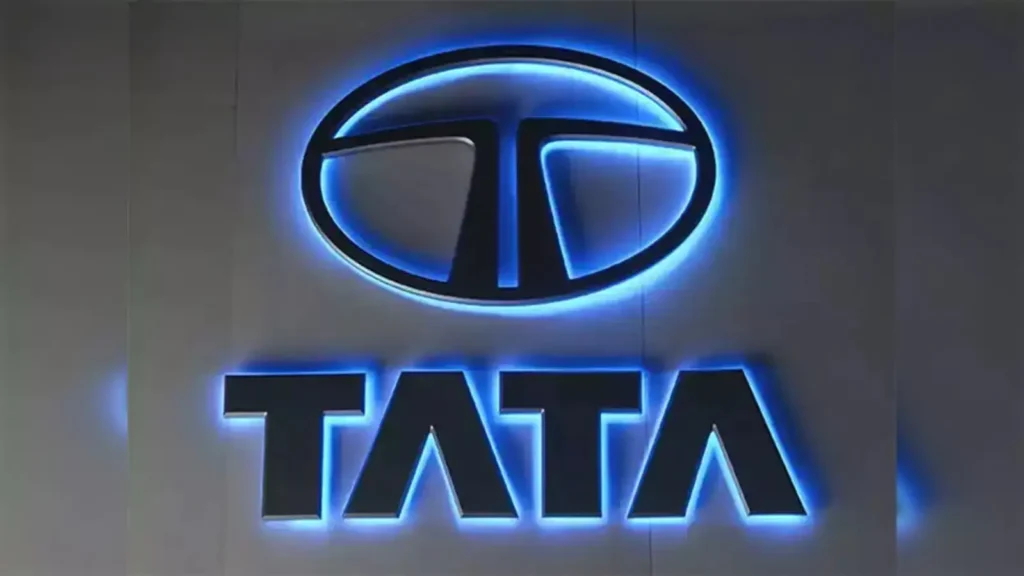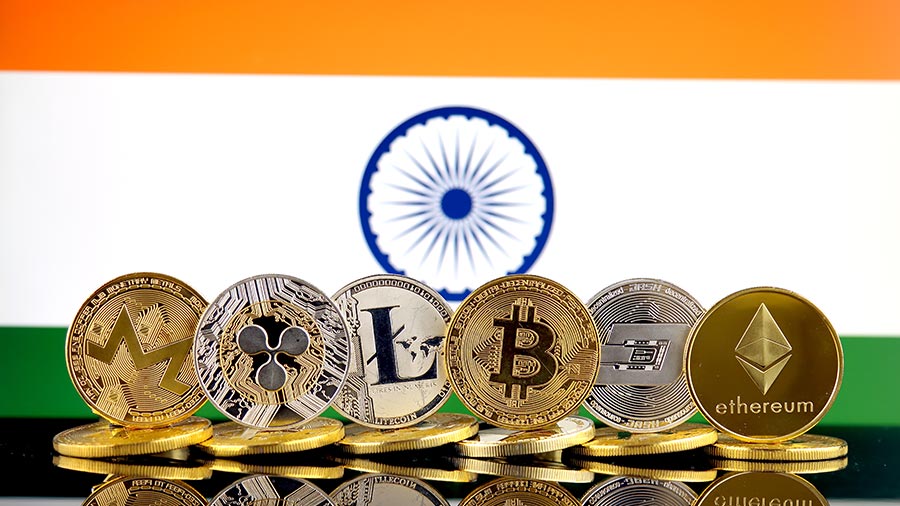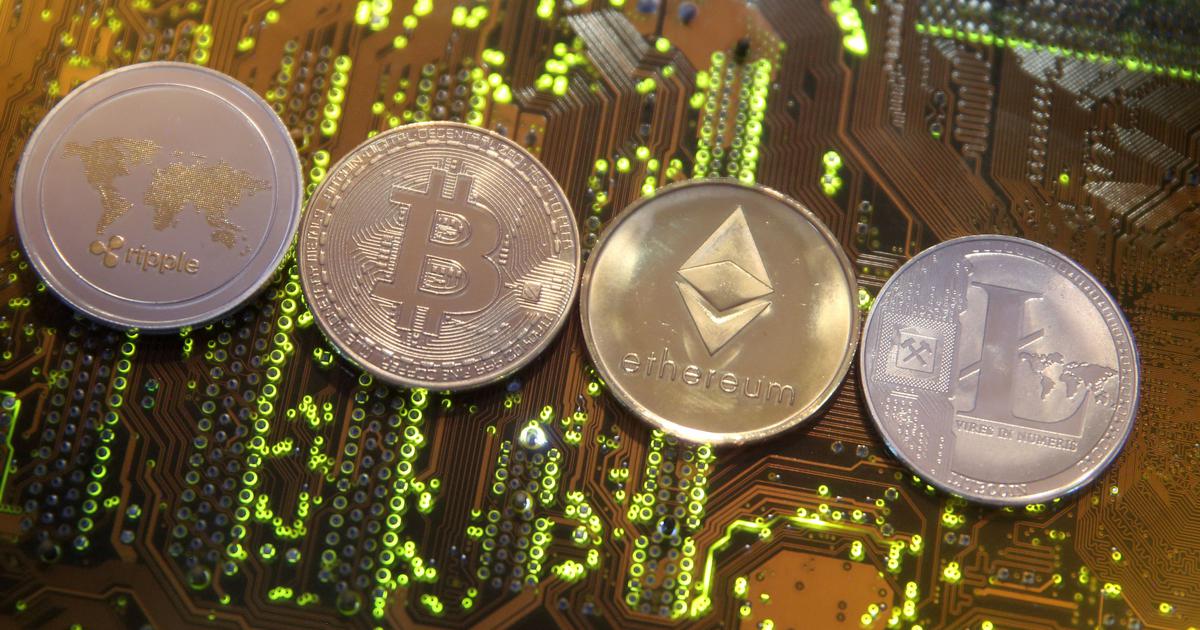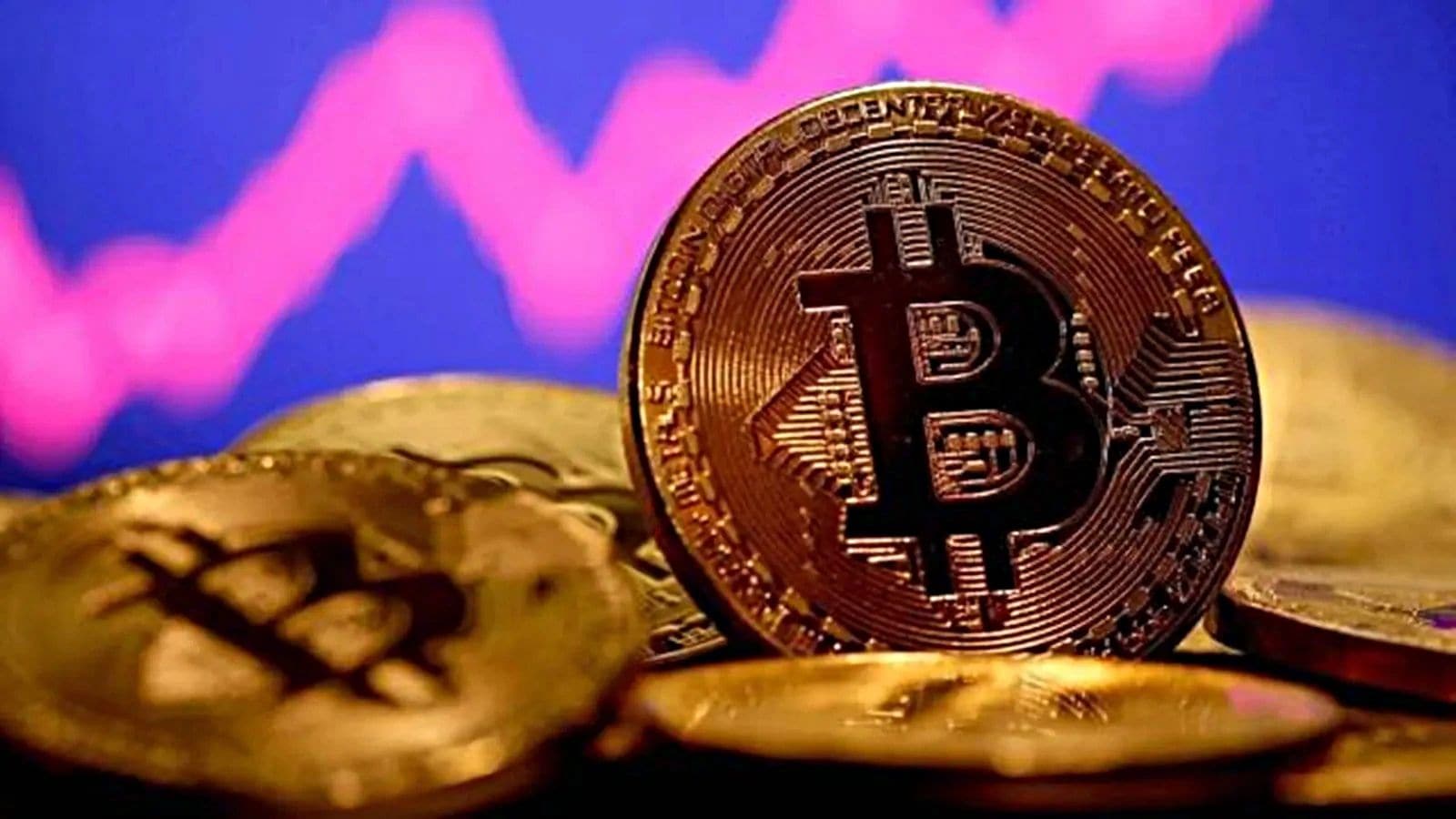Now Reading: Headline: Understanding the Rise of Major Cryptocurrencies: What Beginners in Cities Like Nagpur Should Know
-
01
Headline: Understanding the Rise of Major Cryptocurrencies: What Beginners in Cities Like Nagpur Should Know
Headline: Understanding the Rise of Major Cryptocurrencies: What Beginners in Cities Like Nagpur Should Know
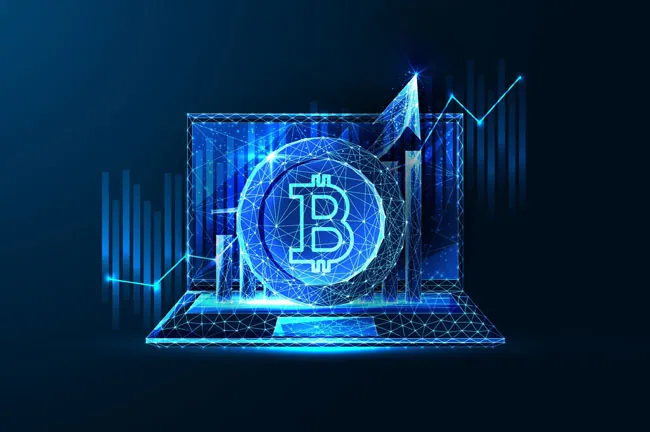
Cryptocurrency has become one of the most talked-about financial topics in India, and its popularity is no longer limited to metros. From Nagpur to Indore, young investors are exploring Bitcoin, Ethereum, and other digital coins with growing curiosity. But before jumping into the market, beginners need to understand how these major coins work, why they rise and fall, and what it really means to invest in them.
The first thing to know is that not all cryptocurrencies are the same. Bitcoin, the first and most valuable, is often seen as digital gold — scarce, decentralized, and globally traded. Ethereum, on the other hand, goes beyond currency by supporting applications like NFTs and smart contracts. These two coins dominate most of the market and are considered safer options for beginners because of their larger user base and long-term credibility.
The rise of these major coins is linked to growing global trust in blockchain technology. As more companies and governments explore digital finance, investors see Bitcoin and Ethereum as the base layer of this new system. Their value often increases when global markets trust crypto, and drops sharply when uncertainty or regulation hits. That volatility is part of the deal — and beginners must accept it before investing.
For someone in a city like Nagpur, crypto trading might look simple through mobile apps, but it demands caution. Always choose trusted exchanges, enable two-factor authentication, and avoid sharing wallet details. Start small to understand the process, and never invest money you can’t afford to lose. Crypto isn’t a shortcut to wealth — it’s an unpredictable market that rewards patience and knowledge.
It’s also smart to look beyond just buying coins. Understanding how blockchain works, what drives demand, and how global events affect crypto prices can make a huge difference. Investors who take time to learn end up making more thoughtful decisions instead of reacting to sudden price changes or social media trends.
For Tier 2 cities, this trend represents more than just financial curiosity. It shows how technology is empowering people to explore global markets from their own homes. The enthusiasm is good, but awareness must grow with it. Responsible investing, learning the basics, and managing expectations are key to avoiding costly mistakes.
In short, the rise of major coins like Bitcoin and Ethereum marks a new phase of financial inclusion for smaller cities. For young investors in places like Nagpur, crypto can open new doors — but only if they walk in with knowledge, discipline, and a clear understanding of both the risks and rewards.






